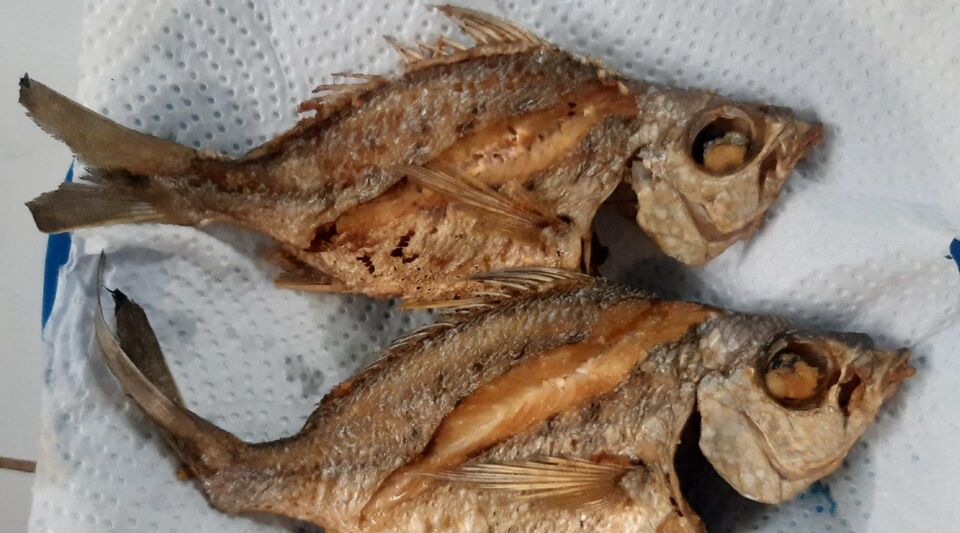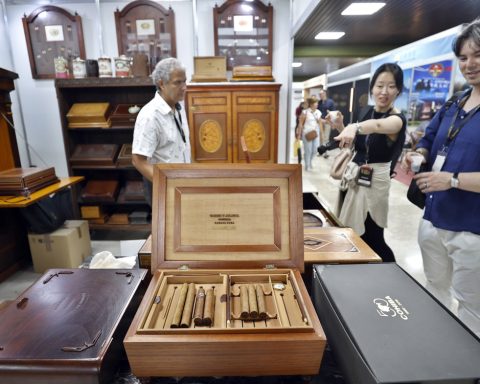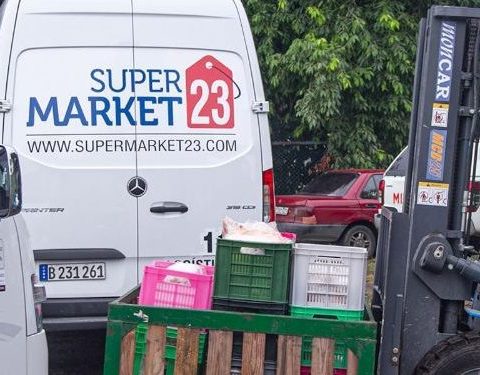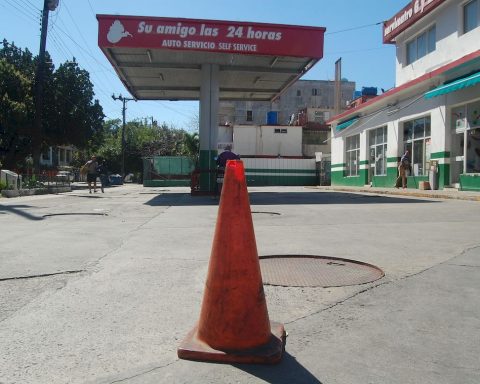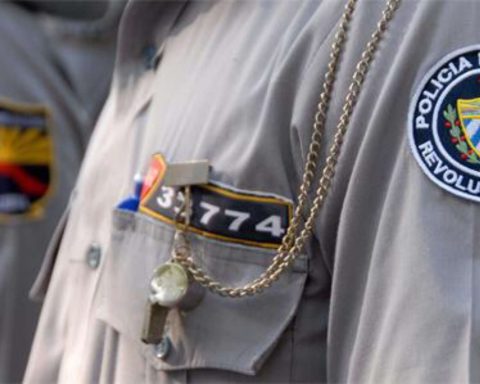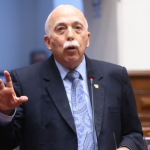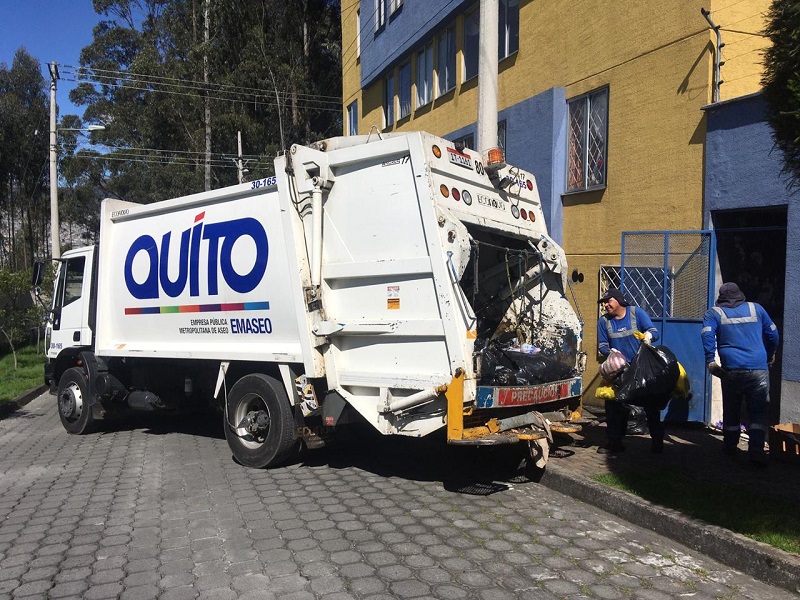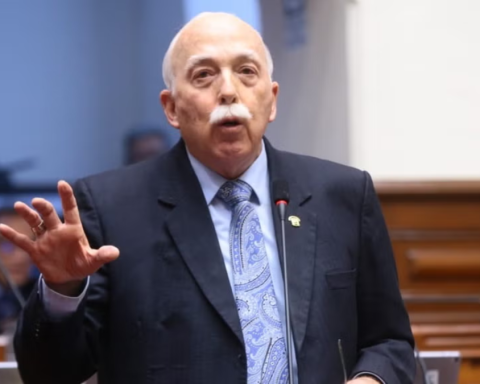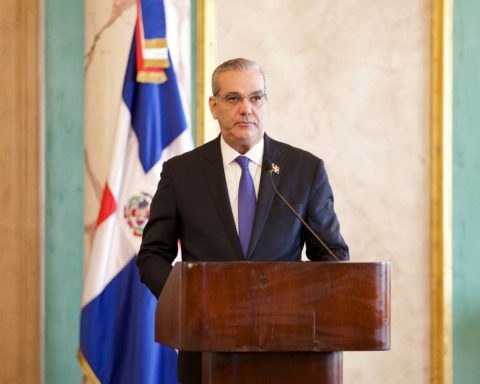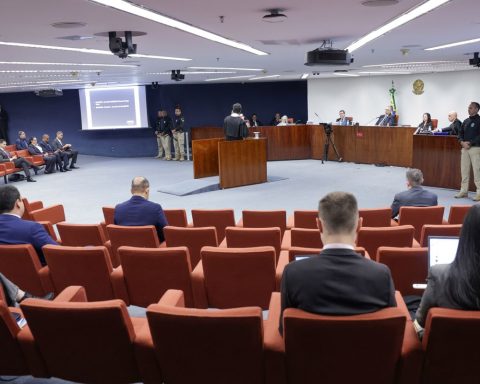There is no room for hope. “Fishing in Cuba is not going to recover to the levels we experienced more than three decades ago”, says without warm cloths Ariel Padrón Valdés, director of Fisheries Regulations and Sciences of the Ministry of the Food Industry in a interview published this Thursday for Cubadebate.
The official describes the string of problems afflicting the sector and asks Cubans not to create false expectations despite the fact that the Ministry, he argues, “is not idly, we fight with effort and intelligence so that there is fish on the table of the Cuban “.
Padrón gives a historical review to explain how this situation has come to be. In his version, until 1959 many Cubans did not even know fish, apart from those who lived in the capital. However, after the arrival of the Revolution (and, he does not cite this, coinciding with the takeoff of industrial fishing at the international level), Cuba developed an important fishing fleet that employed large ships in oceanic waters.
According to Padrón, in the 1990s Cuba brought 100,000 tons of fish from international waters, to which were added another 70,000 from Cubans and 33,000 imported, a total of 18 kilograms per person per year.
Far from the idea that an island, surrounded by sea, should have a lot of fish, the expert points out that Cuba’s position hurts it since its area has 20% full exploitation and 80% overexploitation
Today, the situation is very different and only reaches 3.8 kilos per person if the 12,000 tons of fish, 4,000 of lobsters, 600 of shrimp, 800 of tuna and some other products such as sponges, sea cucumbers, oysters are added. and cobo: a total of 20,000 tons, all of them from national waters, since fishing in international waters has disappeared due to current legislation, that allows very few countries to have access to these areas.
According to a study by Nature, 97% of the fishing in international waters controlled by the richest countries, with China, Japan, South Korea, Spain and Taiwan in the lead. Cuba has almost impossible access to that space due to the requirements that are demanded and the age of its fleets and the lack of devices, methods and techniques for fishing in accordance with current regulations. In short, in the absence of funding to renew the industry, Cuba is prohibited from accessing these waters.
Far from the idea that an island, surrounded by sea, should have a lot of fish, the expert points out that Cuba’s position hurts it since its area is 20% fully exploited and 80% overexploited. In addition, he adds, the island does not have truly mighty rivers that allow adequate freshwater fishing.
On the other hand, Padrón mentions the works promoted by Fidel Castro and called Hydraulic Will as an inconvenience, although, yes, it was done then with the best intention, he clarifies. “It originated the construction of dams throughout the country, something very necessary in the face of atmospheric phenomena, to have drinking water reserves and avoid floods; but by repressing the river, many of the nutrients from trawling remain at the bottom of the dams, this limits the flow that reaches the coastal areas, and changes the hydrology of these areas, “he explains.
“In summary, I do not want to create false expectations”, says at the end of the interview Padrón, who insists that the situation is more favorable but like so many things, step by step
The expert points out that Cuba has “spectacular fish and transparent waters” for tourism – without referring to the fact that the island exports the best of its aquaculture, such as lobster or shrimp – but there are not large volumes of these animals suitable for fishing . All this leads to think that aquaculture programs are the hope for the country but, once again, they are expensive and take time.
Padrón explains that the ministry works to comply with the Aquaculture Development Program through extensive and intensive fish farming. “The first, more feasible for the economic limitations and the blockade that our country suffers,” he adds before explaining that this method is based on the fact that the fingerlings feed in the natural environment, while the second implies giving them food, something more complicated in the economic conditions of the Island.
According to Padrón, aquaculture has provided a large part of the fish currently produced in Cuba, reaching a peak of 27,500 tons in 2015.
The expert also refers to illegal fishing and warns: “The first thing we have to clarify is that this home sales activity is illegal (…) People who buy fish products illegally can get intoxicated, even to me they have Complaints came from the Prosecutor’s Office for people with ciguatera damage. One of the cases was that of a woman who died from this, they bought from a wheelbarrow where they sold food along with packages of fish, three people consumed it, one of them became ill and died “.
“In short, I don’t want to create false expectations,” says Padrón at the end of the interview, insisting that the situation is more favorable but like so many things, step by step. If arrives.
________________________
Collaborate with our work:
The team of 14ymedio He is committed to doing serious journalism that reflects the reality of deep Cuba. Thank you for joining us on this long road. We invite you to continue supporting us, but this time becoming a member of our journal. Together we can continue transforming journalism in Cuba.
